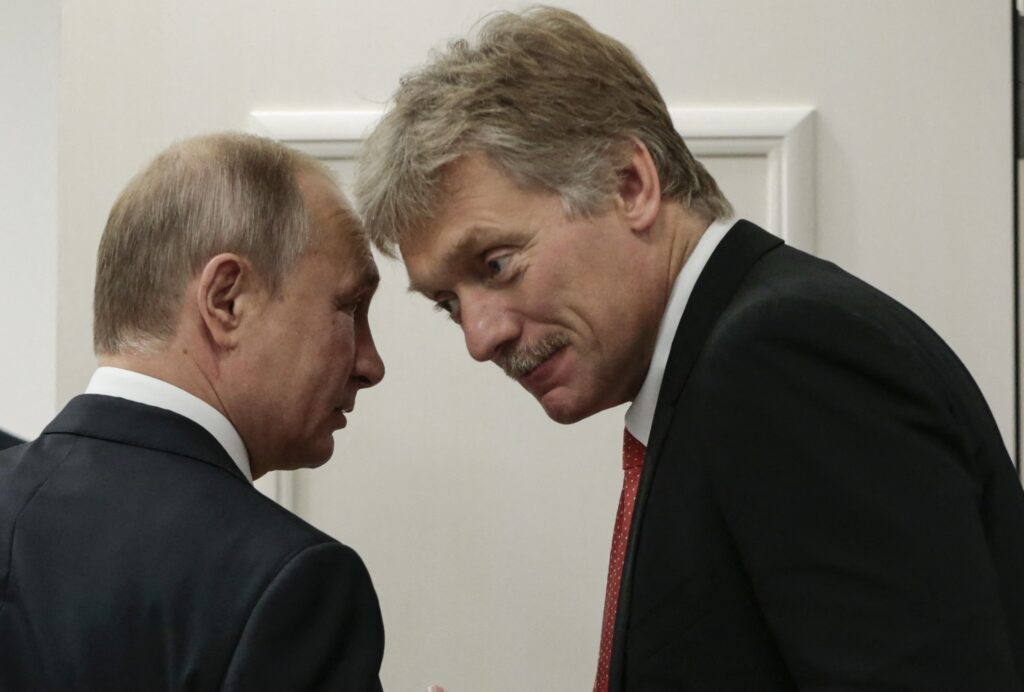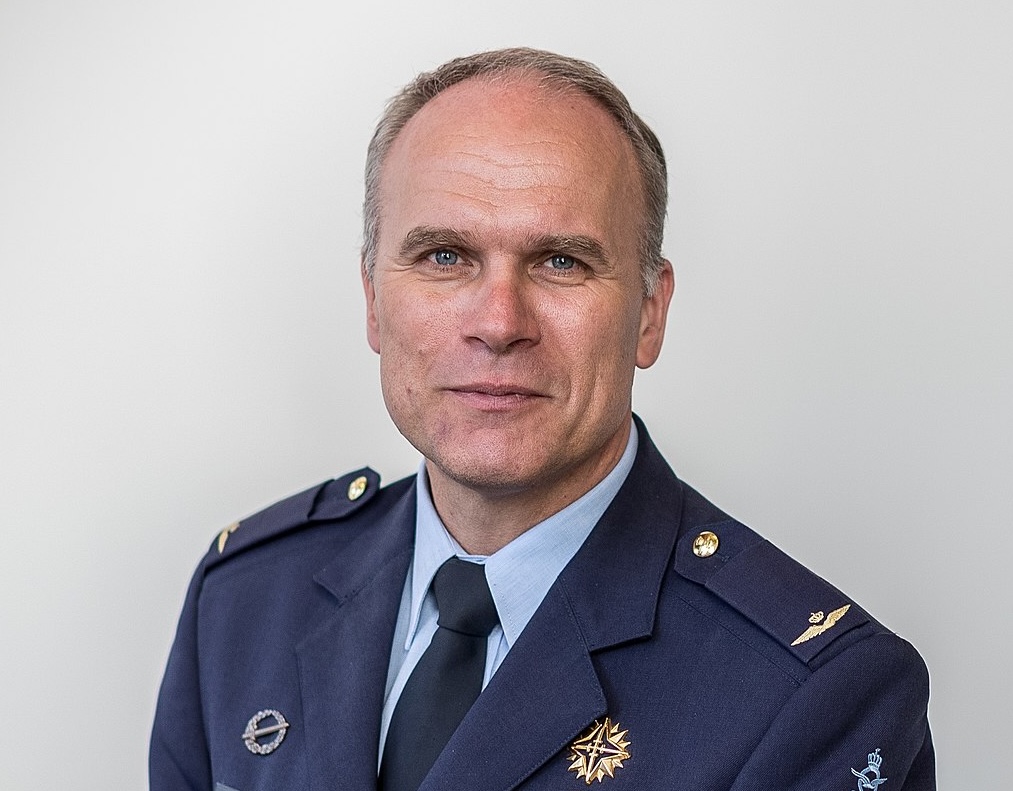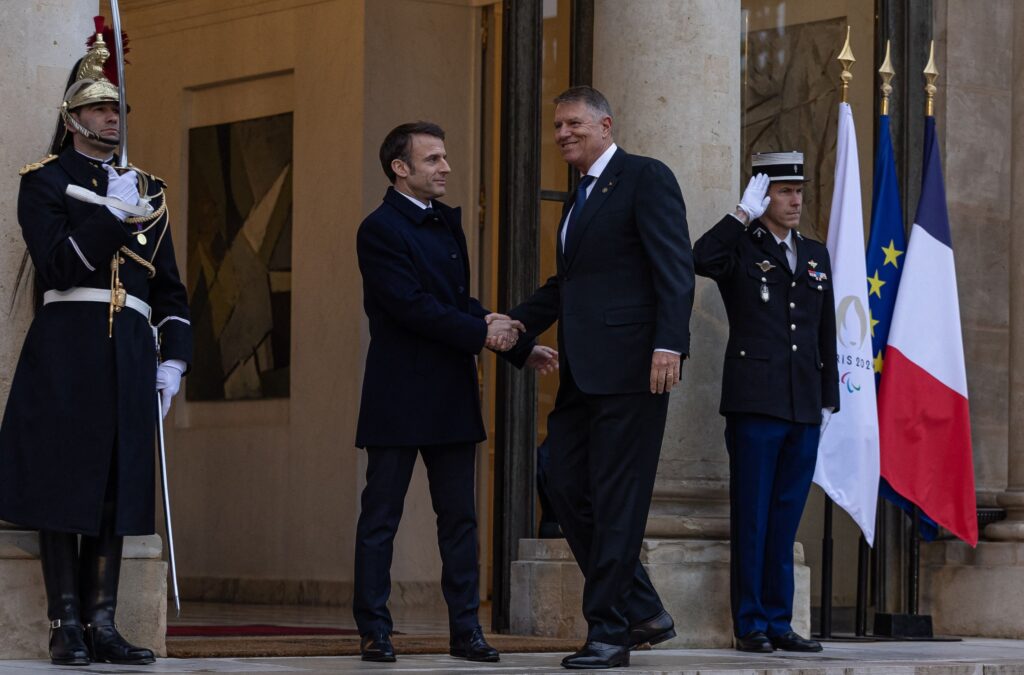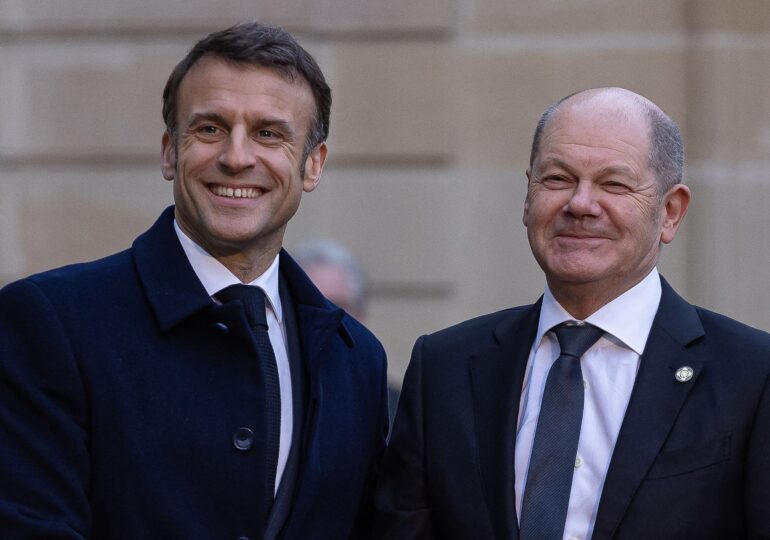The President of France has raised the stakes of the conflict in Ukraine and, in a surprise move, for the first time since the beginning of the invasion, the West has succeeded in putting pressure on Russia.
At the end of the week, 25 heads of state and government from across Europe met in Paris to discuss finding common solutions to help Ukrainian forces cope with frequent and intense attacks on the front.
In addition to creating an alliance to transfer long-range missiles to Kyiv, which are needed to stop the Russian advance on the eastern front, it is also trying to solve the artillery missile crisis.
In addition, in an unexpected and unannounced way, the 25 European leaders also touched on more sensitive topics, such as the deployment of NATO troops in Ukraine.
"There was no consensus today on formally sending troops to the field. But in terms of the options we have for the future, nothing can be ruled out," said Emmanuel Macron, at the conference.
Peskov: A war with NATO is inevitable
The position expressed by the President of France came as a shock to the Kremlin, which was quick to react.
Dmitry Peskov, ătorul de cuvâPutin's spokesman, said that if the European military arrives in Ukraine, "then a Russia-NATO war will be inevitable".
Macron's statement was not supported by representatives of European states, with Germany, Italy and Britain saying they would not send troops and that it was premature to hold such talks.

Even President Joe Biden reacted, announcing that "Ukraine's path to victory is to provide military aid so that Ukraine's military has the weapons and ammunition to defend itself. The US is not considering sending American military to Ukraine." said a White House statement
"Such a discussion is not yet appropriate. We need to keep all options open to see how we can best support Ukraine," said General Onno Eichelsheim, commander of the Dutch army.

Sending troops is a possibility
The distinctions, silences or nuances in the official positions have only raised the stakes of the discussion and turned it into an international debate.
After Macron's intervention, the possibility of sending troops to Ukraine will be considered by every NATO member country, including the alliance leadership.
It will be discussed in diplomatic meetings at various levels, there will be public reactions from democratic states and, depending on how the conflict unfolds, it will remain a possibility, just as the President of France said.
Nothing will happen overnight, but "we will do whatever is necessary to ensure that Russia cannot win the war", Emmanuel Macron stressed at the end of the conference.
There was a consensus on this desire, and the leaders of the European states clearly knew that if Russia occupied Ukraine, no country on the continent would be safe.
The European army and the hesitant Olaf Scholz
In the shadow of this conference, a diplomatic confrontation between France and Germany took place.
Paris has upped the ante in its support for Kyiv's forces to maintain its ascendancy over the "hesitant" Olaf Scholz, who has failed to formulate a clear policy on Ukraine, calling for conditional support that does not create the conditions for conflict escalation.
Emmanuel Macron has repeatedly shown himself to be in favour of the creation of a European military force, autonomous from NATO and the US, under the tutelage of the Union.
His main argument this time was the possibility that Donald Trump might return to the White House and once again endanger NATO and help Russia.
But creating a European military-defence system is no easy task, with many countries, including France, struggling to allocate 2% of their national budget (GDP) to defence.
A new military structure, in addition to weakening the existing ones, would mean allocating significant sums of money, at a time when there are major problems with the defence industry on the continent - it is still failing to overtake Russian missile production.
France's proposed project, while seductive to many, is not widely supported and no NATO member state is prepared to give up the support and protection of the world's most developed US military force.

Romania did not stand out for anything at the Paris conference, Klaus Iohannis announced in support of "unity and coordinated action at the level of the European Union and NATO, which remains essential".
In other words, our country is against the project of creating a European military force.
The biggest diplomatic support for Ukraine
The talk of NATO sending troops to Ukraine has another connotation, to give further reassurance to Kyiv that member states are standing by and will not give up support even though military aid is currently stalled due to a complicated election year in both Europe and America.
The possibility put on the table by Emmanuel Macron comes in support of Zelenski, who at home needs to pass a recruitment law to increase the number of troops available and meet repeated requests for soldiers from the military leadership.
The law provides for lowering the age of conscription from the current 27 to 25, a change that would mean 400,000 new conscripts, a figure that would cover the current shortage of soldiers.
In large part, the talk of sending NATO troops to Ukraine was a serious warning to Russia that Putin will now be forced to heed.
Moreover, the taboo on until a few days ago on this subject opens the way for the allies to act without inhibitions on everything else, from the training of Ukrainian military, pilots, to the transfer of weapons, missiles, long-range missiles, tanks and aircraft, without further debate, since a major one is underway, that of sending soldiers.

